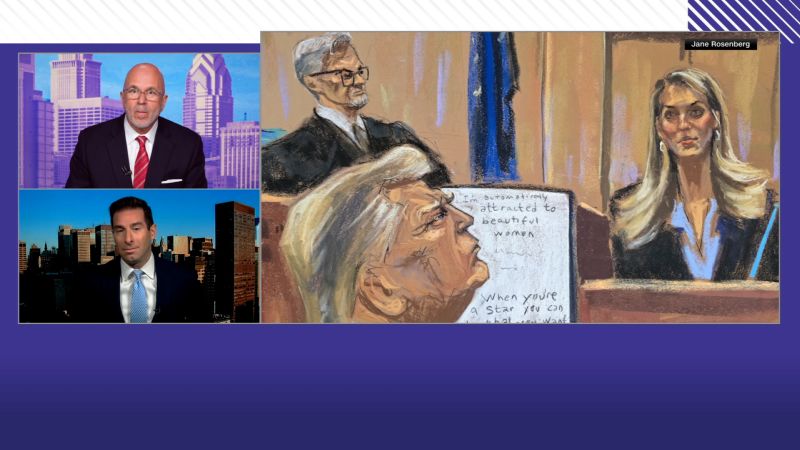This is understandable given the unremitting pace of alarming headlines. There is a tide of worry about a lack of civic cohesion, intense partisanship and, to some, a sense of hopelessness. July Fourth, however, is a day to celebrate, among other national virtues, the United States’ proven capacity for renewal and self-improvement. The staying power of our system comes from its ability to correct and recalibrate. Free elections and open markets create dynamism that increases political and economic freedom.
The genius of America is that it’s built for give and take, accommodation and compromise, checks and balances, reform and reaction. People in China, Russia, Iran, North Korea and Cuba aspire to freedom. But their systems don’t tolerate constructive dissent.
Yes, we hear people who should know better say things have never been this bad. That’s as historically myopic as it is objectively wrong. Measured by almost every metric, the United States is better off than 200 — or even 20 — years ago. Start with economic well-being: The U.S.-led global order has brought millions out of poverty. America remains the capital of medical, technological and artistic invention.
The framers designed a self-healing system that also allows for moral growth. We carry the scars of the Civil War, the Jim Crow era, the Great Depression, McCarthyism, Watergate and Vietnam but came out of them a better people. The country that initially counted enslaved people as three-fifths of a person twice elected a Black president. The newest member of the Supreme Court is not only the descendant of enslaved people; she’s married to the descendant of enslavers in a marriage that could have been illegal until 1967.
So why are many Americans no longer as proud of their country? Corrosive partisanship is no small part of the answer. Until 2018, Donald Trump’s second year as president, majorities consistently expressed extreme pride in America when Gallup ran its annual pre-July Fourth poll. But many Democrats lost faith in their country after the 2017 white-supremacist rally in Charlottesville and failed to reclaim it after their party won control of the White House and both chambers of Congress. Today, only 29 percent of Democrats say they’re extremely proud to be American, compared with 60 percent of Republicans.
Alarmingly, across party lines, just 18 percent of 18-to-34-year-olds say they’re extremely proud of this country. This generation grew up amid the dislocation of the Great Recession, seemingly endless wars in Iraq and Afghanistan, school shootings and active-shooter drills. More recently came the disillusionment that accompanied pandemic isolation; George Floyd’s murder; the casual cruelty of Trumpism; the Jan. 6, 2021, insurrection; the opioid and fentanyl crises; and warning signs that the effects of climate change are real and growing. With these frames of reference, fear and hopelessness are unsurprising.
A decline in national pride ought not be viewed in isolation from daily events, but these events also provide evidence of this nation’s resiliency. While Mr. Trump remains the dominant force inside the GOP, democracy held in 2020 despite his efforts to overturn the election and voters rejected the most egregious election deniers in 2022. Jan. 6, 2021, was one of the darkest days in U.S. history, but a House select committee conducted a thorough investigation and the Justice Department has charged more than 1,000 people with participating in the Capitol attack. All of this reflects a triumph for democratic institutions and the rule of law.
Even the chaos at the U.S.-Mexico border — a flash point for the left and the right — is a reminder that this country remains a beacon of opportunity so powerful that people around the world are willing to take enormous risks to move into what they understand to be a promised land. They still want a shot at the American Dream.
Then there is the indispensable supporting role that the United States is playing in Ukraine. American leadership in the world remains as essential as ever.
Between baseball and barbecue, let’s all take a deep breath before the presidential election season kicks into high gear. Despite the corrosiveness of self-doubt and political tribalism, there is much to celebrate. American values have matured and endured, and while our union is still far from perfect, we continue to believe it’s an experiment worth pursuing.
This Editorial Board often highlights ways in which America falls short of her ideals. A newspaper’s role is to hold leaders accountable and to measure America against her promises and potential. The unfettered freedom to do so is one of many reasons we’re extremely proud to be citizens of this country.







More News
Rishi Sunak’s Dismal Task: Leading U.K. Conservatives to Likely Defeat
Opinion | The Deep, Tangled Roots of American Illiberalism
The Colorful Anticipation of Hearing 3 Short Words: ‘And They’re Off’